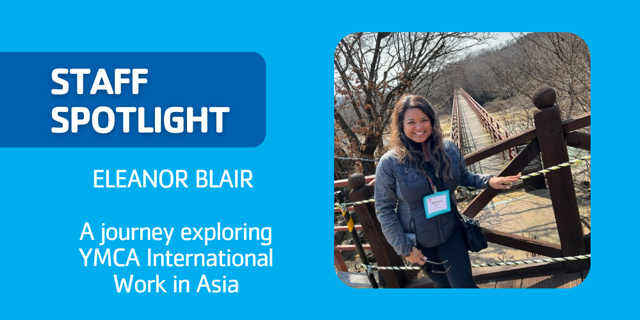I am a proud member of the YMCA Asian Pacific Islander Leadership Network (APILN) International Leadership Institute (ILI). The APILN selected 7 YMCA leaders from across the United States, all of whom are ofAsian-Pacific Islander descent, to join in a year-long commitment as members of the 2022-2023 ILI cohort. The ILI is designed to cultivate leadership skills, cultural competencies, cross-cultural understanding while creating a platform for intercultural dialogue and learning in the YMCA movement. In April 2023, the APILN-ILI group embarked on an international trip to Asia in an effort to bring back experiences, knowledge and collaborative opportunities to our respective YMCA communities. Let us tell you what we saw, who we met and what we did on this unforgettable journey. We all experienced personal and professional growth, while gaining a new perspective and expanded vision of the YMCA Global Movement.
After 5 months of virtual meetings, the APILN-ILI cohort met in-person for the first time at the Minneapolis-St. Paul International Airport and began this adventure together with anticipation and excitement as we were led by Ms. Trang Truong-Hill, YUSA Director of Global Services.
During the 10-day journey, our team met with key YMCA and community leaders of South Korea and the Philippines for cultural understanding, support and information sharing.
SOUTH KOREA
Our learning in Korea focused on the history of war and the road to peace and reunification, including progress in key areas such as youth empowerment, civic engagement, climate action, university YMCAs, international programming and more. YMCA Korea is part of a collective effort to strengthen peace efforts with Korea and Japan and helping to build awareness of this important cause.
We are grateful to our hosts, National General Secretary Kim Kyung Min and International Secretary Deaun Yang, who curated a special program that provided access to spaces not typically available to visitors as well as insight into local history and culture. <see PHOTO 1>
One of the most powerful moments was a special tour in Cheorwon-Gun, a county in Gangwon Province located next to the border with North Korea in the Korean Demilitarized Zone (DMZ).



